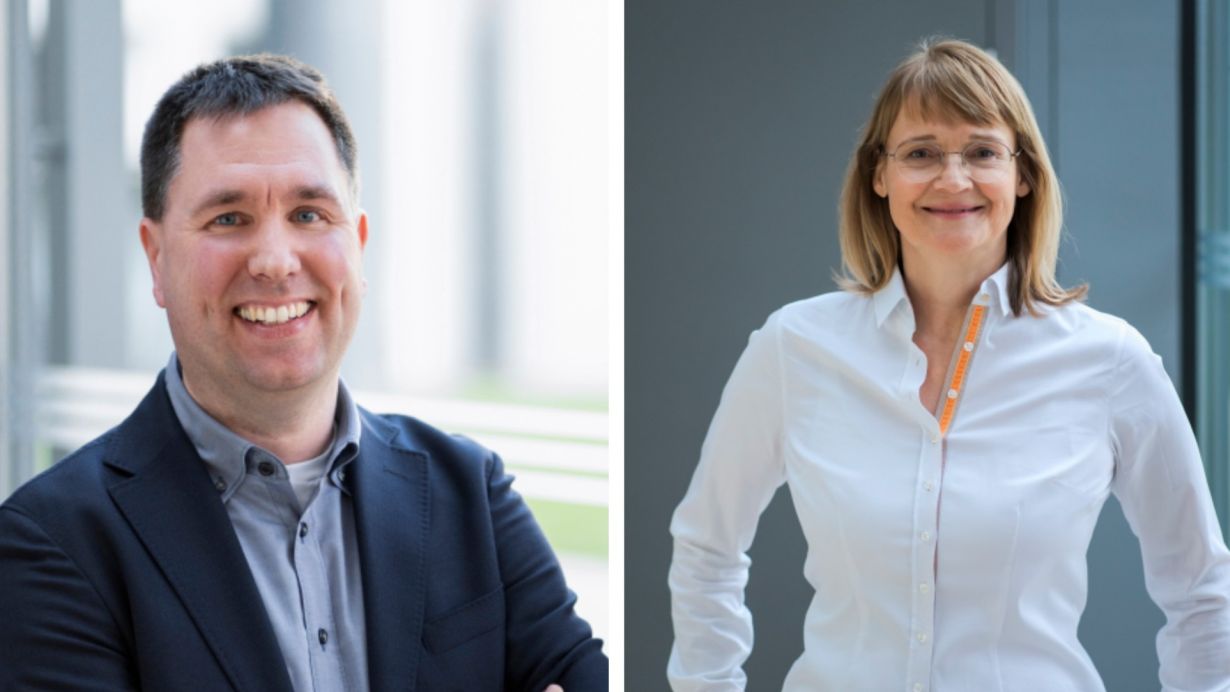Effective November 1, 2024, Dr. Philipp Niemann will be the new executive director of the National Institute for Science Communication (NaWik), an institution of the Klaus Tschira Foundation and the Karlsruhe Institute of Technology (KIT). The previous executive director, Beatrice Lugger, is leaving NaWik at the end of the year for personal reasons. Niemann will take over management duties after a two-month transition period during which he and Lugger will jointly head the institute.
“Beatrice Lugger played a key role in establishing NaWik as a leader in quality science communication in the German-speaking countries. Since 2012 she has helped to successfully establish and develop the institute, and we’re very grateful for her service,” said Lilian Knobel, who chairs the NaWik general meetings and is Executive Director of the Klaus Tschira Foundation. Knobel added that she was pleased that with Philipp Niemann, an executive director had been found who has been actively involved in shaping NaWik’s strategic direction for two years.
Niemann, who holds a doctorate in media studies, is already a member of the executive board and scientific director of NaWik gGmbH. He previously headed a junior research group in science communication at KIT and was a research assistant at Trier University. His specialty is qualitative reception studies.
“As a training institute for researchers, NaWik helps to improve the quality of science communication. And with its evaluation services for science communication, it also contributes to quality assurance. We’re proud to have this unique institution at KIT and see it very well positioned for the future with this new appointment,” said Professor Thomas Hirth, KIT’s Vice President for Transfer and International Affairs.
With its wide range of course offerings, NaWik will continue under Niemann’s direction to prioritize the buildup of science communication expertise at institutions and universities in the German-speaking countries. Its own research and evaluation unit is an important guarantor of quality for its teaching and course content. In addition, NaWik will raise its profile as a service provider offering its evaluation expertise. Lugger will remain associated with NaWik as a brand ambassador.
About the National Institute for Science Communication (NaWik)
NaWik was founded as a non-profit limited liability company under German law in 2012 and is an institute of the Klaus Tschira Stiftung gGmbH and KIT. Its mission is to teach researchers the basics of good science communication, for which it offers education and training formats as in-person seminars, online seminars and e-learning courses. NaWik also investigates practical questions of science communication in empirical research and evaluation projects, and it hosts WissKon, the NaWik conference and online network for communicating researchers – a platform for dialogue. In addition, it is part of the editorial team for wissenschaftskommunikation.de, a science communication website.
About the Klaus Tschira Foundation
The Klaus Tschira Foundation promotes the natural sciences, mathematics, and computer science, and aims to raise public awareness about these fields. It was established with private funding in 1995 by physicist and SAP co-founder Klaus Tschira (1940 – 2015). It focuses its funding activities on education, research and science communication. Its work in Germany ranges from kindergartens and schools to universities and research institutions. The Foundation is committed to promoting dialogue between the scientific community and the general public. More information (in German): www.klaus-tschira-stiftung.de. (ahe/swi)
In close partnership with society, KIT develops solutions for urgent challenges – from climate change, energy transition and sustainable use of natural resources to artificial intelligence, sovereignty and an aging population. As The University in the Helmholtz Association, KIT unites scientific excellence from insight to application-driven research under one roof – and is thus in a unique position to drive this transformation. As a University of Excellence, KIT offers its more than 10,000 employees and 22,800 students outstanding opportunities to shape a sustainable and resilient future. KIT – Science for Impact.

